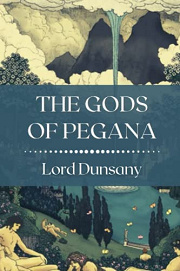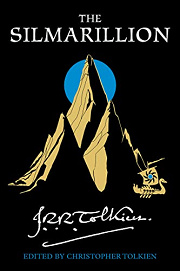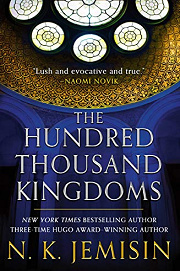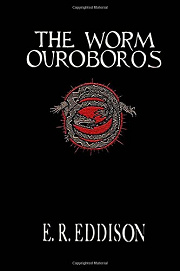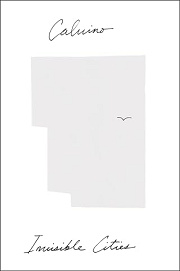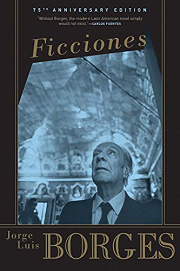Share your thoughts in a quick Shelf Talk!
The Gods of Pegāna by Lord Dunsany
Before modern fantasy took shape, a visionary storyteller mapped a pantheon and the birth of worlds with jewel-like brevity and wonder. The Gods of Pegāna is a mythic tapestry—strange, luminous, and foundational—perfect for readers who crave the origins of the fantastic.
Have you read this book? Share what you liked (or didn’t), and we’ll use your answers to recommend your next favorite read!
Love The Gods of Pegāna but not sure what to read next?
These picks are popular with readers who enjoyed this book. Complete a quick Shelf Talk to get recommendations made just for you! Warning: possible spoilers for The Gods of Pegāna below.
In The Gods of Pegāna, did you enjoy ...
... a mythic cosmogony built from an invented pantheon and creation hymn?
The Silmarillion by J. R. R. Tolkien
If it was the way Dunsany sings the world into being—the hush while Skarl drums so that Mana-Yood-Sushai may sleep, the lineages of Kib, Mung, and Sish—that captivated you, you’ll love how the Ainur sing Arda into existence in the “Ainulindalë.” Like Pegāna’s gods, Tolkien’s Valar and Maiar (Manwë, Varda, Melkor) feel both numinous and personal, and the nested chronicle of ages mirrors the mythic, scripture-like cadence you enjoyed in The Gods of Pegāna.
... theology-as-drama with capricious, personified gods meddling in mortal fate?
The Hundred Thousand Kingdoms by N. K. Jemisin
If the prayers, warnings, and divine decrees of Pegāna—Mung stalking mortals, Sish measuring out their hours—hooked you, Jemisin’s tale of enslaved gods will thrill you. In The Hundred Thousand Kingdoms, Yeine Darr enters Sky and is drawn into the dangerous orbit of Nahadoth (Night), Itempas (Day), and the absent Enefa. The way worship, taboo, and prophecy shape human politics echoes the theological texture you enjoyed when Dunsany’s deities toyed with mortals’ destinies.
... incantatory, archaic prose that reads like scripture and prophecy?
The Worm Ouroboros by E. R. Eddison
If you relished Dunsany’s jeweled sentences—the litanies about not waking Mana-Yood-Sushai, the hymns to distant gods like Yoharneth-Lahai—Eddison’s high style will feel like home. The Worm Ouroboros revels in sumptuous, archaic diction as Lord Juss and his companions contend with King Gorice of Witchland. The rhetoric has that same ceremonial lift and ritual cadence that made The Gods of Pegāna feel like a sacred book from another world.
... a mosaic of brief, self-contained myths that accrete into a larger world?
Invisible Cities by Italo Calvino
If the linked micro-myths of Pegāna—each a small, glimmering parable about Skarl, Mung, or Sish—enchanted you, Invisible Cities offers a similarly prismatic experience. In brief set pieces framed by Marco Polo and Kublai Khan, each city reads like a fable that refracts memory, desire, and time, building a cosmos by accumulation just as Dunsany’s vignettes assemble the theology of Pegāna.
... parable-like tales where symbols and metaphors stand in for cosmology and fate?
Ficciones by Jorge Luis Borges
If you were drawn to the allegorical pulse of The Gods of Pegāna—stories where Mung and Sish embody death and time, and waking Mana would unmake creation—Borges’s metaphysical fictions will resonate. “The Library of Babel,” “Tlön, Uqbar, Orbis Tertius,” and “The Circular Ruins” turn ideas into beings and worlds, using symbols to probe reality much like Dunsany’s divine parables probe the architecture of existence.
Unlock your personalized book recommendations! Just take a quick Shelf Talk for The Gods of Pegāna by Lord Dunsany. It’s only a few questions and takes less than a minute.
